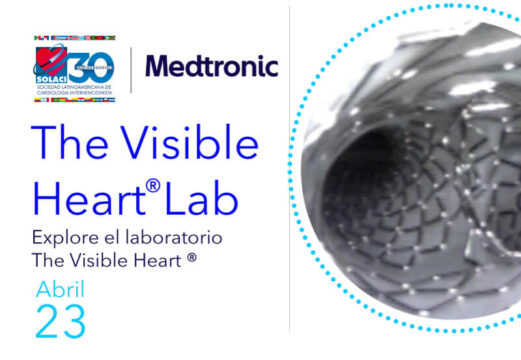Aortic stenosis (AS) is a common condition that shares risk factors with coronary artery disease. Many patients can suffer from both diseases simultaneously, something that increases the risk of acute myocardial infarction in the presence of aortic stenosis.

AS can cause ischemia even in the absence of coronary artery disease, due to ventricular hypertrophy, increased ventricular loads, and microcirculation disorders.
The presence of moderate AS in acute coronary syndrome can influence its clinical course. While there are several published works on this topic, the best strategy to follow is still unclear, as current guidelines do not provide specific recommendations in this regard.
A retrospective analysis was conducted on 1373 patients who experienced acute coronary syndrome, with or without ST-segment elevation, between 2005 and 2016. Of these, 183 patients (13.3%) had moderate aortic stenosis, while the remaining 1190 either did not have it or had mild stenosis.
Patients with moderate AS were older and had a higher prevalence of comorbidities such as diabetes, hypertension, dyslipidemia, myocardial infarction, myocardial revascularization surgery (MRS), stroke, impaired renal function, and a lower left ventricular ejection fraction (48.3 ± 13.5 vs. 51.4 ± 12.3, p = 0.006).
Read also: Is Edge-to-Edge Treatment with PASCAL Effective at 3 Years?
There were no differences in terms of access used, but the number of diseased vessels and the number of stents used were higher in patients with moderate aortic stenosis.
During hospitalization, there were no differences in terms of mortality or cardiogenic shock between the groups, but the heart failure rate was higher in patients with moderate aortic stenosis compared to those without stenosis or with mild stenosis.
At the one-year follow-up, mortality was higher in the group with moderate aortic stenosis (23.9% vs. 8.1%, p < 0.001), and so were hospitalizations for heart failure (8.3% vs. 3.7%, p = 0.028).
During hospitalizations for heart failure, mortality was higher for patients with moderate aortic stenosis both in-hospital and at one year, but there were no differences in those with mild aortic stenosis or without stenosis.
In a multivariate analysis, the presence of moderate aortic stenosis was associated with a 2.4-fold increase in mortality in patients with acute coronary syndrome, whether with or without ST-segment elevation and moderate aortic stenosis.
Conclusion
The presence of moderate aortic stenosis in patients with acute myocardial infarction was associated with an unfavorable clinical course during hospitalization and at a one-year follow-up. These findings highlight the importance of close monitoring of these patients and determining the best treatment strategy based on existing conditions.

Dr. Carlos Fava.
Member of the Editorial Board of SOLACI.org.
Original Title: The impact of moderate aortic stenosis in acute myocardial infarction: A multicenter retrospective study.
Reference: Abraham, et al.Catheter Cardiovasc Interv. 2023;102:159–165.
Subscribe to our weekly newsletter
Get the latest scientific articles on interventional cardiology





